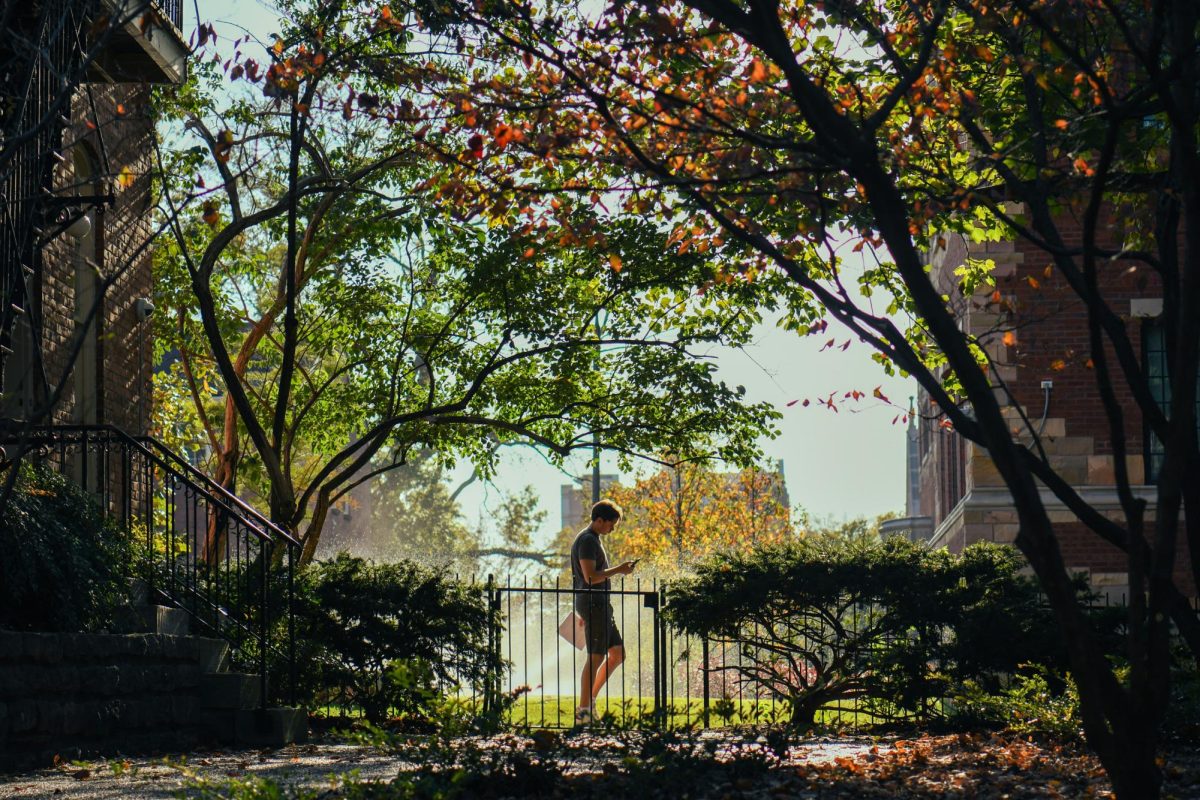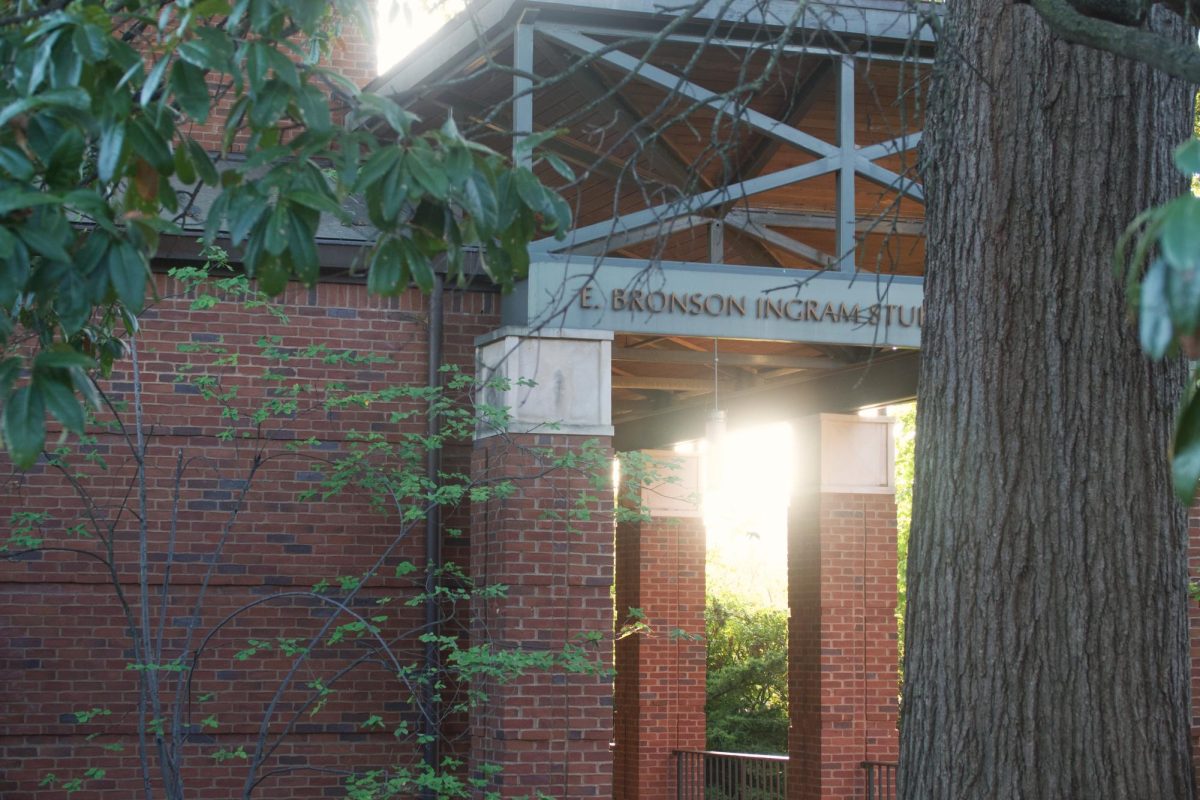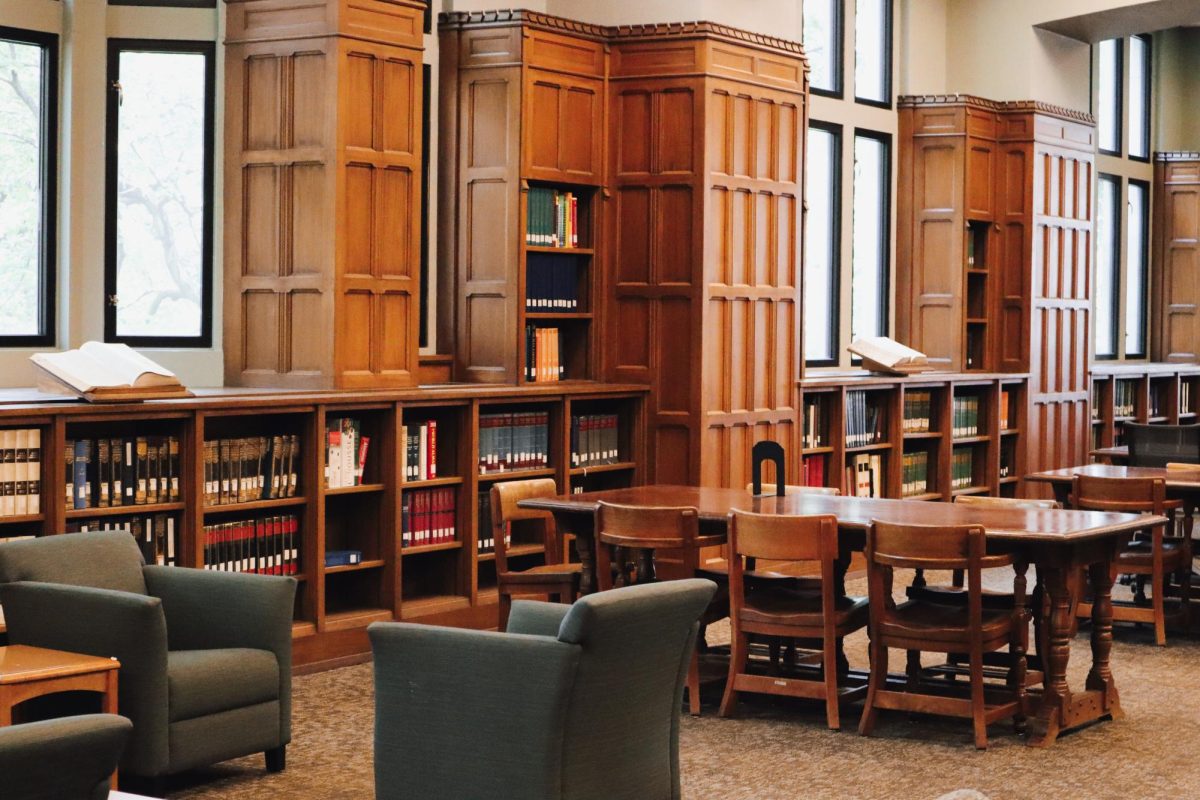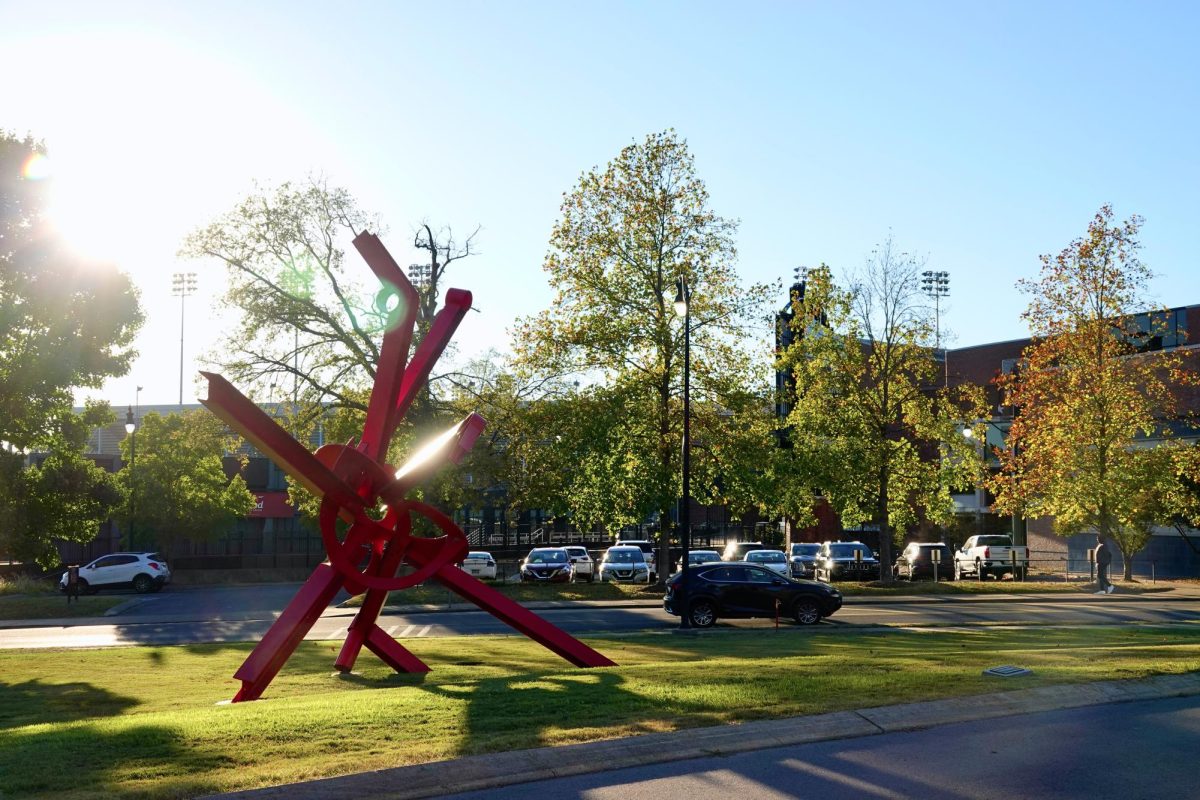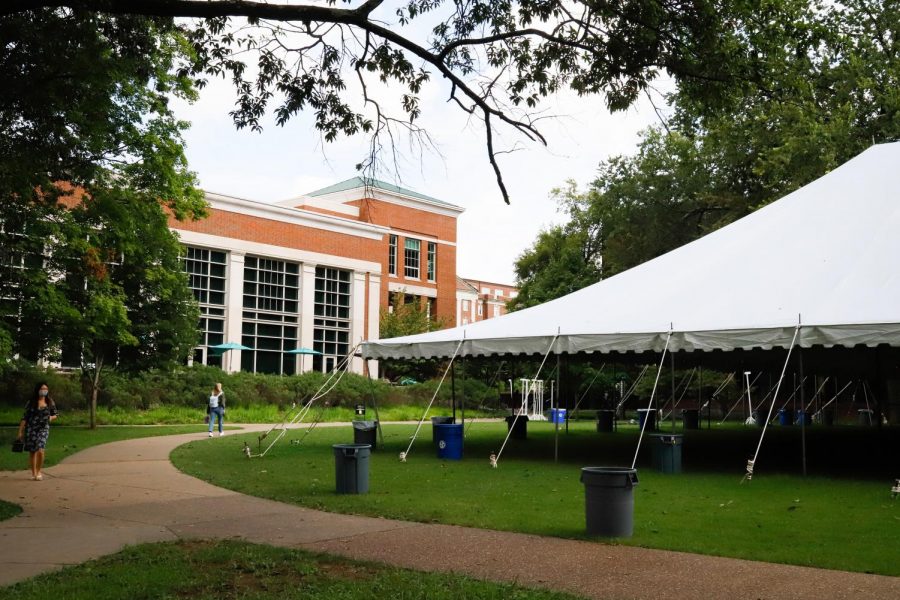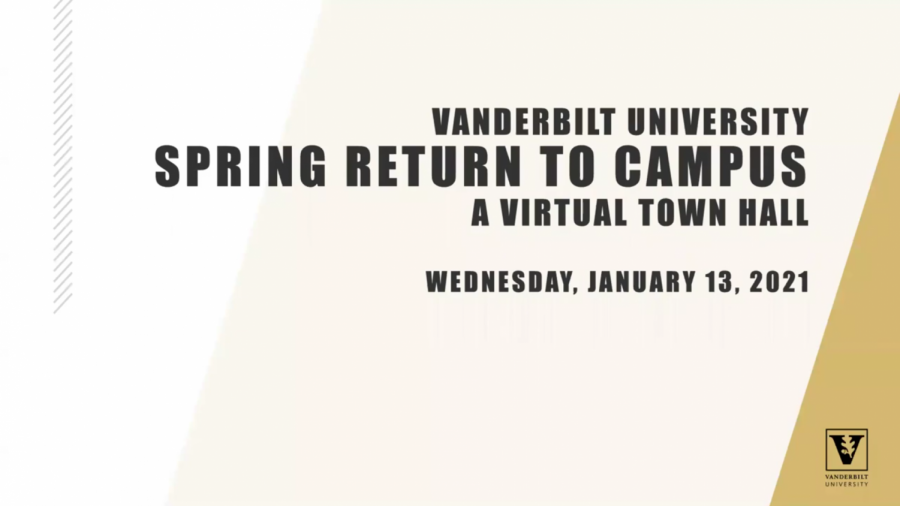When I opened my Vanderbilt acceptance letter last December, I was surrounded by a group of my best friends. We screamed, hugged and started to imagine life away from home. Fast forward nine months, I am starting college in my childhood bedroom, stuck with my parents and a barking dog.
As the fall academic semester approached, around 38 percent of higher-education institutions nation-wide have decided to reopen their campuses. Such decisions come with pressure for students—should we return to campus and risk catching a deadly virus, or stay at home and miss out on the college experience?
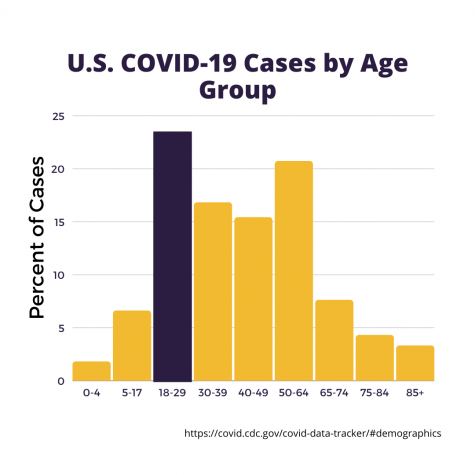
Admittedly, Vanderbilt has provided its student body some assistance in making this difficult decision, including publishing a weekly Return to Campus newsletter and pushing back the deadline for switching to remote-only study from late June to Aug. 21. At the end of August, around 5792 undergraduate students complied with the pre-arrival testing frenzy and returned to Vandy.
But, was returning to campus the right decision?
Recent studies have found that young adults are not as immune to the coronavirus as some previously thought. A study between 419 U.S. hospitals on 3222 Covid patients ages 18 to 34 found that “21 percent [of the patients] required intensive care, 10 percent required mechanical ventilation, and 2.7 percent died.” Additionally, individuals ages 18 to 29 make up almost a quarter of all coronavirus cases in the U.S.—the highest infection rate out of all age groups. Considering that the national COVID death rate is approximately three percent, college-aged individuals are just as, if not more, likely to contract and die from the coronavirus as the general population. If a coronavirus outbreak were to occur on the Vanderbilt campus, around five percent of the 5792 undergraduate students might catch the virus, and eight students might die from it.
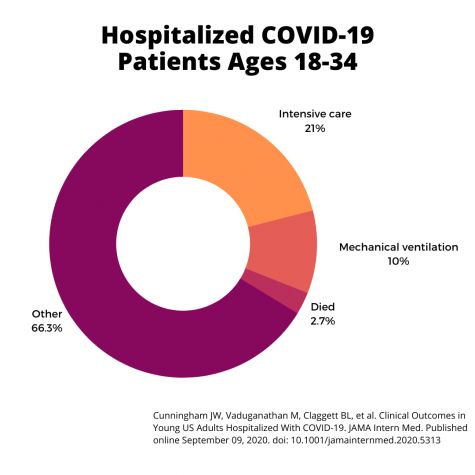
Quarantine and isolation housing offered by Vanderbilt is inadequate in containing a widespread COVID outbreak. According to a Sept. 2 email from a university spokesperson, off-campus students compose around 40 percent of the in-person student body. In its June 8 Return To Campus plan, Vanderbilt clearly stated the university is unable to provide quarantine housing for its off-campus students. Vanderbilt expects its off-campus students to quarantine together as a family unit. This means that if one off-campus student tests positive for the virus, the risk of his or her roommate catching the virus suddenly increases, as the sick and the presumably healthy are forced to live in close quarters. When (not if) these off-campus students break the quarantine rules, they risk spreading the virus on campus and to the larger Nashville community.
Worse, residential colleges like Vanderbilt offer petri-dish environments for the coronavirus, and colleges across the nation have become new COVID hot spots. Yes, the social distancing guidelines are in place, but even @vandy_corona_police won’t be able to catch all the rule breakers. The number of parties might dwindle, but it would never go down to zero with a bunch of hot-headed 20-year-olds roaming around campus.
I do not want to carry the burden of possibly infecting—and causing the death of—fellow students, staff and at-risk individuals in the Nashville community.
Remote-only study, of course, comes with its own set of challenges. Scrolling through the Vanderbilt Reddit, you will find desperate
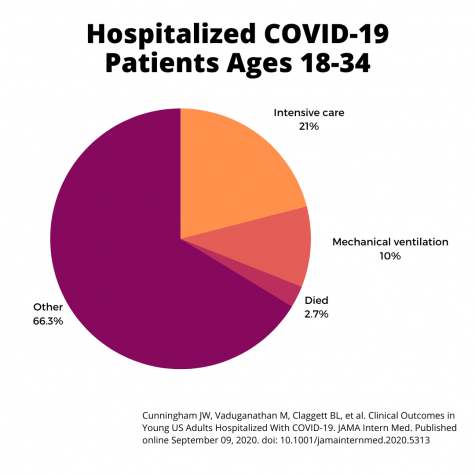
remote students, myself included, looking for new friends to connect with. In an interview with The Hustler, Emilio Hadjisotiriou, a first-year international student studying remotely from Portugal, worries that he is missing out on social events happening on campus. All the activities and clubs happen after class, which corresponds to 1 a.m. or 2 a.m. in Portugal.
“I don’t want to sacrifice my sleep that much,”Hadjisotiriou stated. However, Hadjisotiriou added that “with all the stress of getting a visa in time [and] possible flight cancellations,” he does not regret his remote-study decision.
A main reason behind Vanderbilt’s return-to-campus decision is its wish to maintain the residential education experience. However, has Vanderbilt succeeded in providing a sense of community for those on campus? With the closed dining halls and gyms, limited class sizes and strict social distancing guidelines, there is not much to a campus life right now. With the canceled concerts and postponed sporting events, the Nashville life is also on pause.
Dr. Weintraub, director of Vanderbilt’s communication of science and technology program, stated in an interview with The Hustler, “I don’t think I have any opportunities to do community-building [this semester]. If this were a normal semester, I would try to host some sort of get-together for my program, but we just can’t do that [now]…There are a lot of students who I simply will never meet and explain things to [this semester].”
As remote students, we are not missing out on much campus life.
To a large degree, community-building is just as hard for those on campus as for us remote students. In an interview with The Hustler, Catherine Choi, a first-year on-campus student, expressed frustration over meeting new classmates in the age of COVID
“When I meet others in person with their masks on, it’s hard to recognize them even if we’d ‘met through Zoom,’ since they are covering half of their faces,” Choi said.
In today’s COVID-ridden world, all students, especially those studying remotely, are trying to discover silver linings in our lives. For Hadjisotiriou, this means moving from his hometown in Spain to Lisbon, Portugal—“I am learning Portuguese now, and I am trying out fried food.” For me, this means daily yoga and extra cuddles with my dog. I don’t want to spend my entire fall semester mourning over the could-haves; instead, I am cherishing what I have right now—a remote first-year experience that is just as exciting as an on-campus experience.






